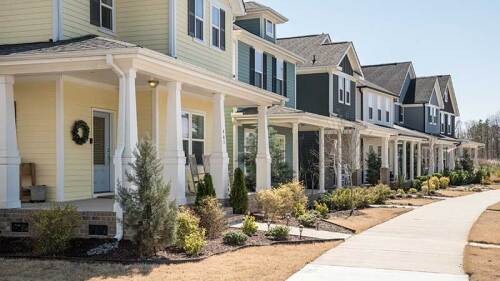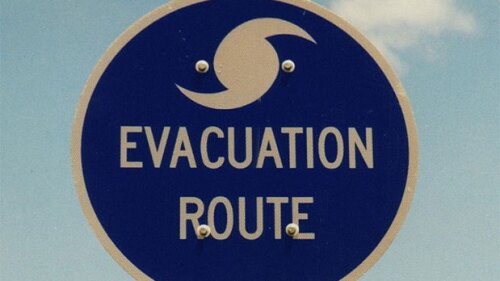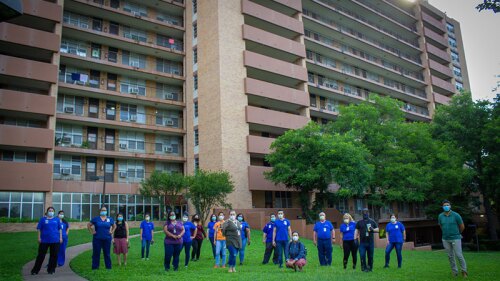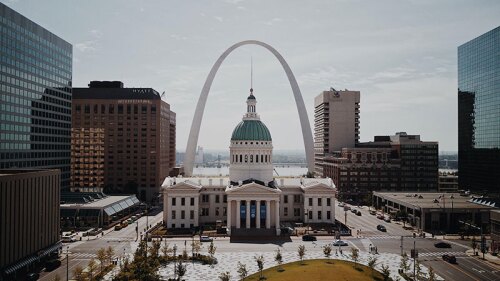COVID-19: Industry Insights
ULI MEMBER–ONLY CONTENT: The global COVID-19 pandemic promises to accelerate the adoption of property technology (proptech), which lies at the intersection of the roughly $230 trillion global property sector and the nearly $3.4 trillion global technology sector, speakers said in early September during the virtual ULI Asia Pacific REimagine conference.
As more commercial properties work to reopen safely during the COVID-19 pandemic, independent healthy building certifications developed in response to the coronavirus are increasingly being sought by building owners, managers, and tenants seeking to assure building users that their spaces are safe to enter and occupy. The leading healthy building certification systems, WELL and Fitwel, have developed new certification modules.
ULI MEMBER–ONLY CONTENT: With more Americans working, taking classes online, and, of course, quarantining in their homes, one study looks at the changing needs and preferences of owners and renters alike.
Many owners have already picked off the low-hanging fruit of installing LEDs, and upgrading equipment where budgets allow. Modernization—and specifically, the ability to leverage tools to take a deeper, more granular dive and capture more operational data—is allowing owners to identify hidden inefficiencies, reduce energy use, and boost net operating income.
Recently, ULI Europe conducted a webinar to discuss how city resilience should be redefined around the world in light of the COVID-19 pandemic in addition to the rising tides threatening coastal cities, touching on research that ULI is contributing to on how five cities around the world are preparing for sea rise and other climate change impacts.
ULI’s Urban Resilience team interviewed several public leaders in June to identify how U.S. cities are preparing for natural disasters during the COVID-19 pandemic. A key focus was how cities are providing resources to their most vulnerable residents, who are most at risk for both COVID-19 and climate emergencies.
The Salt Lake City area experienced a magnitude 5.7 earthquake in March just days after national and state public emergencies were declared in response to the coronavirus pandemic; Los Angeles also experienced a similar-sized earthquake in June. To help municipalities in the Salt Lake City region create a more resilient and equitable disaster response to this and future earthquakes, ULI Utah—with the support of the Institute’s Urban Resilience Program—brought in local and national experts for a webinar on how Utah and other seismically vulnerable places can start preparing today for the “Big One” that could arrive any day.
COVID-19 has hit many communities hard, often in disproportionate ways. Individuals and families who live in public and affordable housing are generally more at risk for contracting and dying from this disease due to previously inequitable social determinants of health conditions; they are also being affected economically. In Austin and Atlanta, ULI members are working to support these residents and help protect them from impacts of the pandemic.
More than 70 cities worldwide have pledged carbon neutrality by 2050, with a wide range of policies addressing energy use and emissions in buildings under consideration. Even as COVID-19 upends daily life and business, communities including Columbus, Ohio, and St. Louis are passing new climate policies.
When the SARS epidemic surfaced in China in 2003, the impact on domestic real estate was severe but fairly short-lived, with rents and prices rebounding quickly once the outbreak had peaked. The fallout from COVID-19, however, promises to be more profound, as shrinking global demand for Chinese products turns the screw on firms that have only recently restarted operations, said industry experts working in the region.




